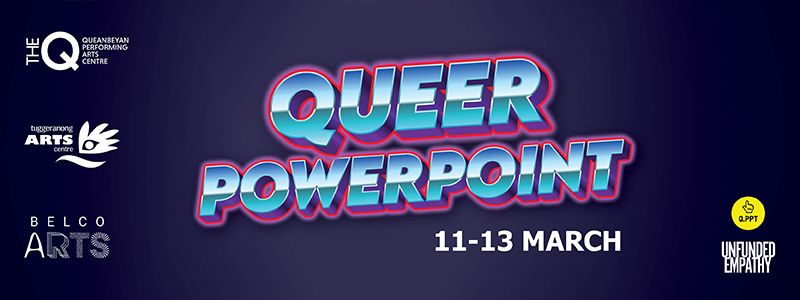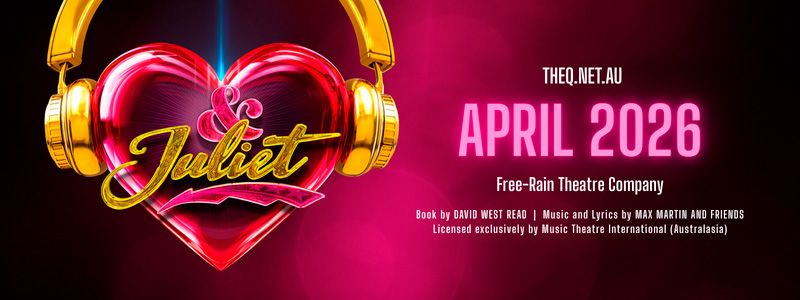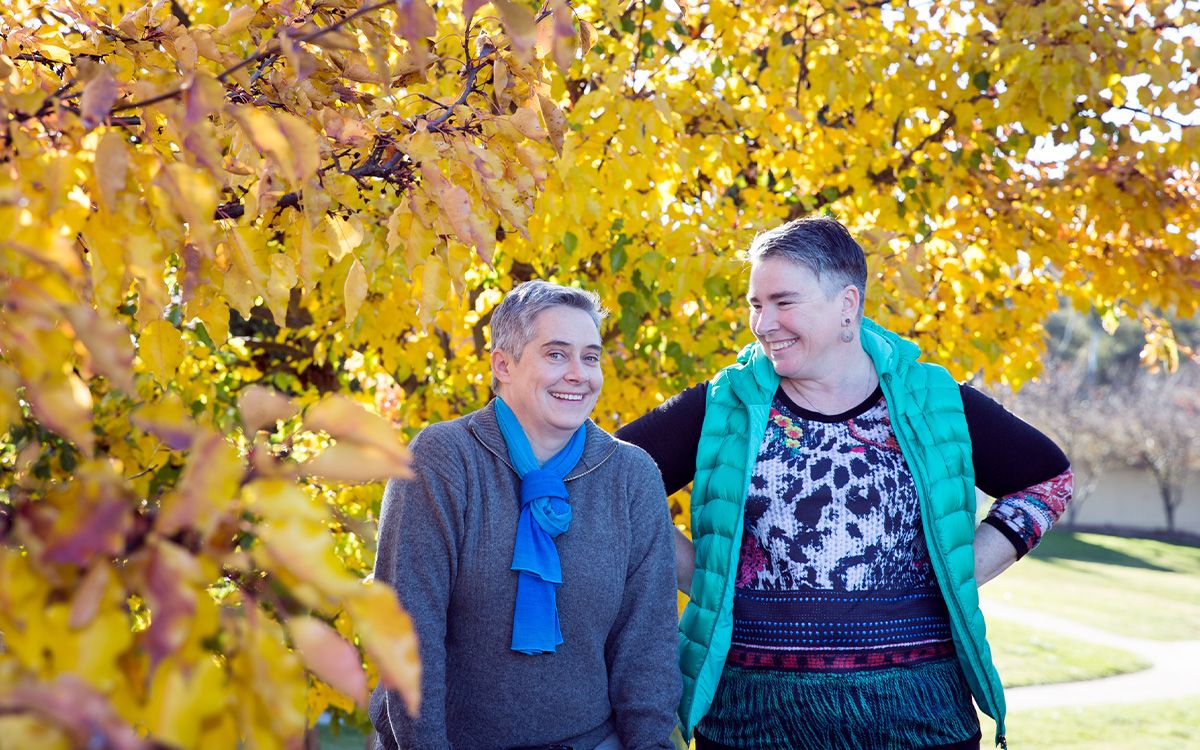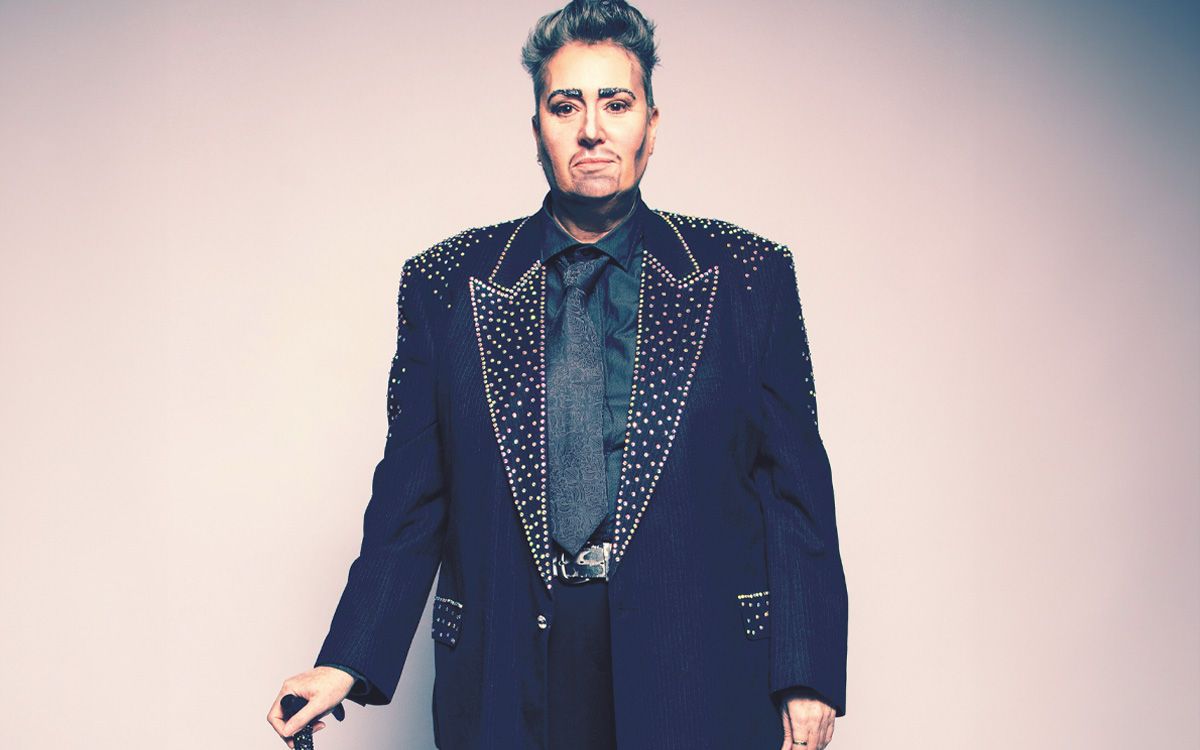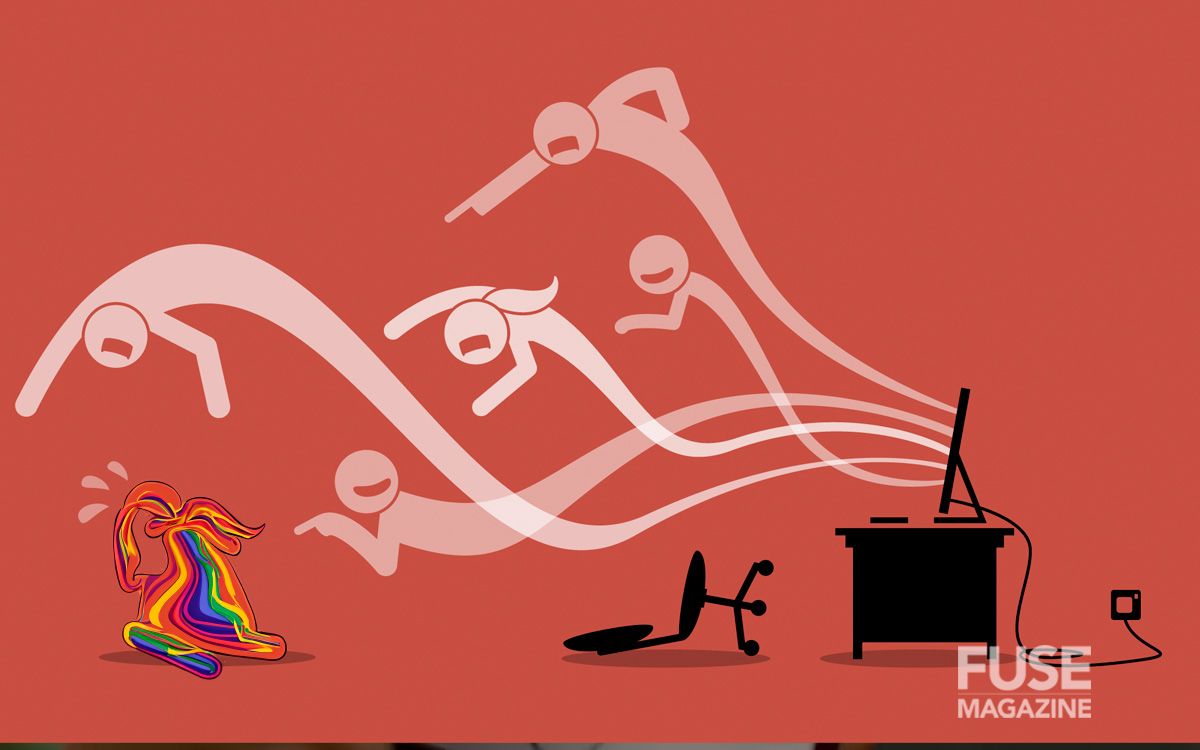Conversations of Change with Shane Rattenbury

Shane Rattenbury loves the simple things in life, but especially his bike and a good bush track at sunrise. If he’s not campaigning for change or listening to Aussie pub rock, Shane Rattenbury, who is the ACT Greens Member for Kurrajong, is probably running around a lake or through a forest, thinking about the state of the world and how he can make it better. He’s a passionate man on a mission.
Growing up in Batemans Bay, Shane says he had an idyllic childhood, spending many long summers at the beach.“It was a great childhood in a small community where a lot of people knew each other.” As a teenager, he won a scholarship to go to school, so the family packed up and moved to Canberra, where his life was firmly set on its humanitarian and environmental trajectory.
As an ’80s child, Shane says he was fired up by the concerns at the time — such as the fight to save the Franklin River, forests, whales and the ozone layer, to name just a few of the issues facing the world then.
After finishing school at Canberra Grammar, he was the first in his family to attend university; then, after obtaining his degree at ANU (Australian National University), Shane started working for Greenpeace. In 2005, he found himself heading the global oceans campaign and an expedition of ships to Antarctica to confront the Japanese whaling fleet.
In 2007, as International Political Director, Shane led the Greenpeace delegation at climate change negotiations in Bali. Work had him living abroad in Amsterdam and Bangkok, but he returned to Canberra in 2008, where he ran and won a seat in the ACT Legislative Assembly, joining three other Greens MLAs at the time.
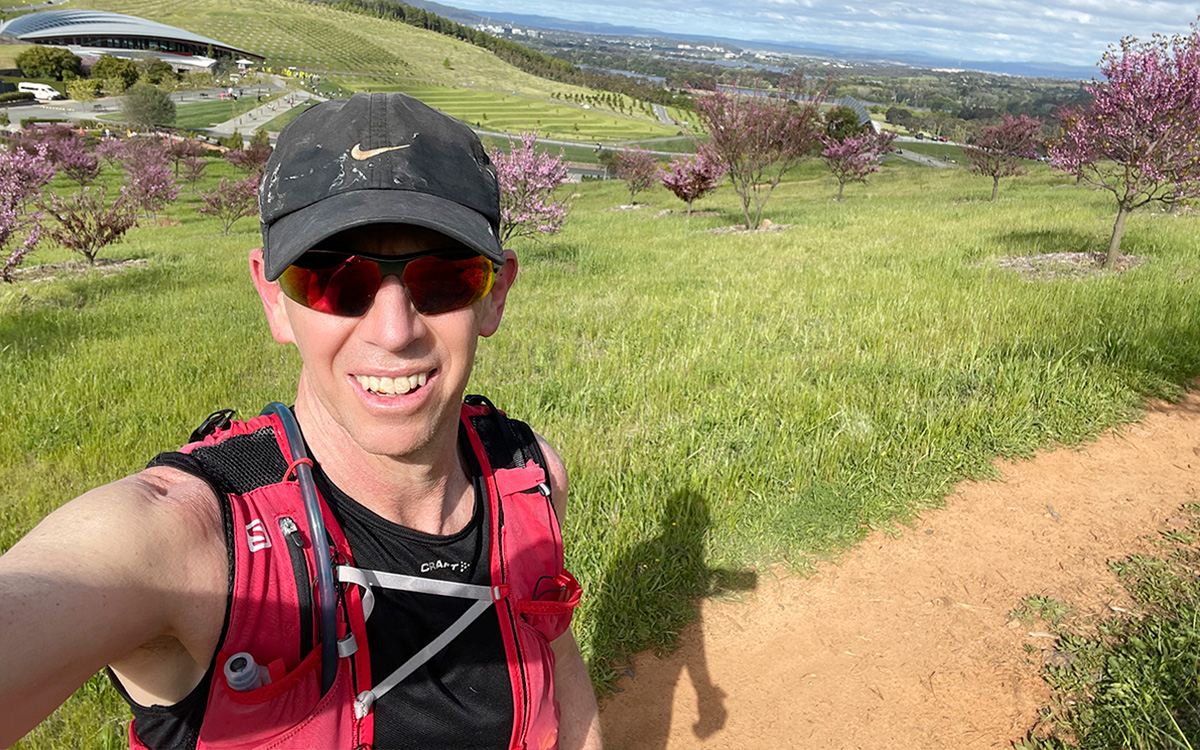
Photo: Shane Rattenbury
Some 16 years on, you’ll still find Shane in the halls of the ACT Assembly fighting for better outcomes. Anyone else might be exhausted by now, but with yet another election just around the corner, despite a small caveat, Shane says he still finds campaigns “really energising”.
“Campaigns are the chance to get out there and share our ideas for the next four years and hopefully inspire people with a vision for the future. The worst part is that they occur through winter in Canberra, so we are out in the cold a lot!”
Despite the cold winters, Shane says there is much to love about Canberra. As a keen runner, he finds it hard to go past our wonderful outdoor places, like the trails around Mt Ainslie, Black Mountain and Lake Burley Griffin. “Along the way, you see the birds, kangaroos and wildflowers, often framed by a great sunrise.” Yep, Shane is a morning person.
“I am also really enjoying how Canberra has evolved as a cultural city. When I went to university here, so many people tended to head away to the big lights of Sydney or Melbourne, but now many more stay and ply their craft here — Canberra feels much more creative and diverse than it used to.”
Although we all agree Canberra is a pretty fantastic city (even in winter), Shane pointed out there were still things that were lacking in the bush capital, commenting that we still have an inequality problem that sees a sharp divide between many people who are well-off and others who struggle to afford the basics.
“The cost of living crisis is really a crisis of inequality, which impacts some people much worse than others.”
Shane says this is why The Greens are proposing genuinely tangible things that will make a difference to people’s everyday lives.
“People want to be able to visit the bulk-billing GP clinics we’ve proposed. They want secure, affordable housing, and they want to wait no more than 20 minutes to catch their local bus.”
“These things benefit our whole community, especially people who are doing it toughest right now.”
Regarding infrastructure, Shane thinks we need to extend light rail further and faster, build more public housing to help tackle the housing crisis, and improve walking and cycling infrastructure and local sporting facilities.
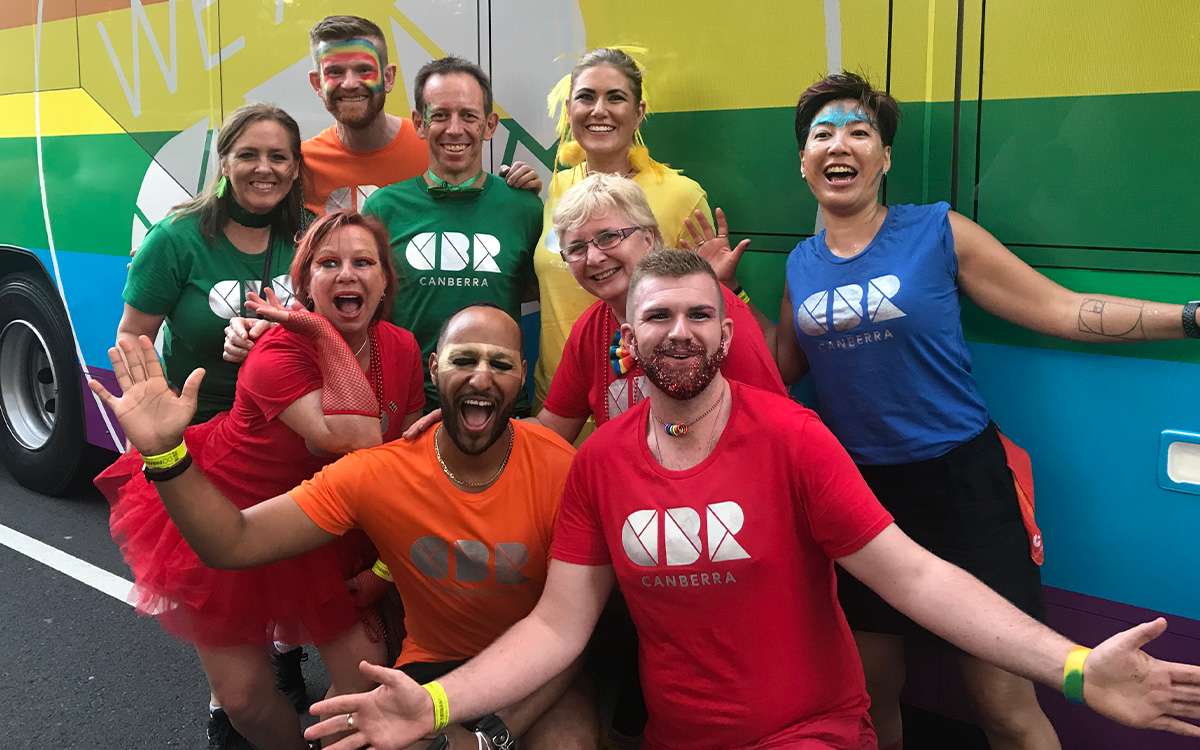
Photo: Shane Rattenbury at Mardi Gras
EQUALITY IN CANBERRA
On LGBTIQ+ issues, Canberra is a poster child for equality, but I wanted to ask Shane what he thought still needed to be addressed here, especially considering the recent homophobic attacks on gay men.
“We still need to consolidate the positive culture we have. We’ve seen overseas how readily an ultra-conservative movement can try to dismantle what we’ve built. Rather than assume that we have done everything that needs to be done, we need to lock in the progress we have made so that diversity is more normal than ever.”
Shane says that the recent attacks on gay men have shocked and horrified him, along with most people in the community, and while Canberra is a progressive place, we can’t pretend that homophobia and all other forms of queerphobia and bigotry are issues of the past.
“These issues continue to actively threaten the queer community and it is the responsibility for all of us, particularly allies, to call out all of these bigotries and actively work to create safe spaces for all.”
“A safe city for all means creating and protecting queer spaces both physically and online.”
Shane told us that he thinks online platforms must do more to ensure the safety of the LGBTIQ+ community, particularly when they act as virtual spaces for the queer community.
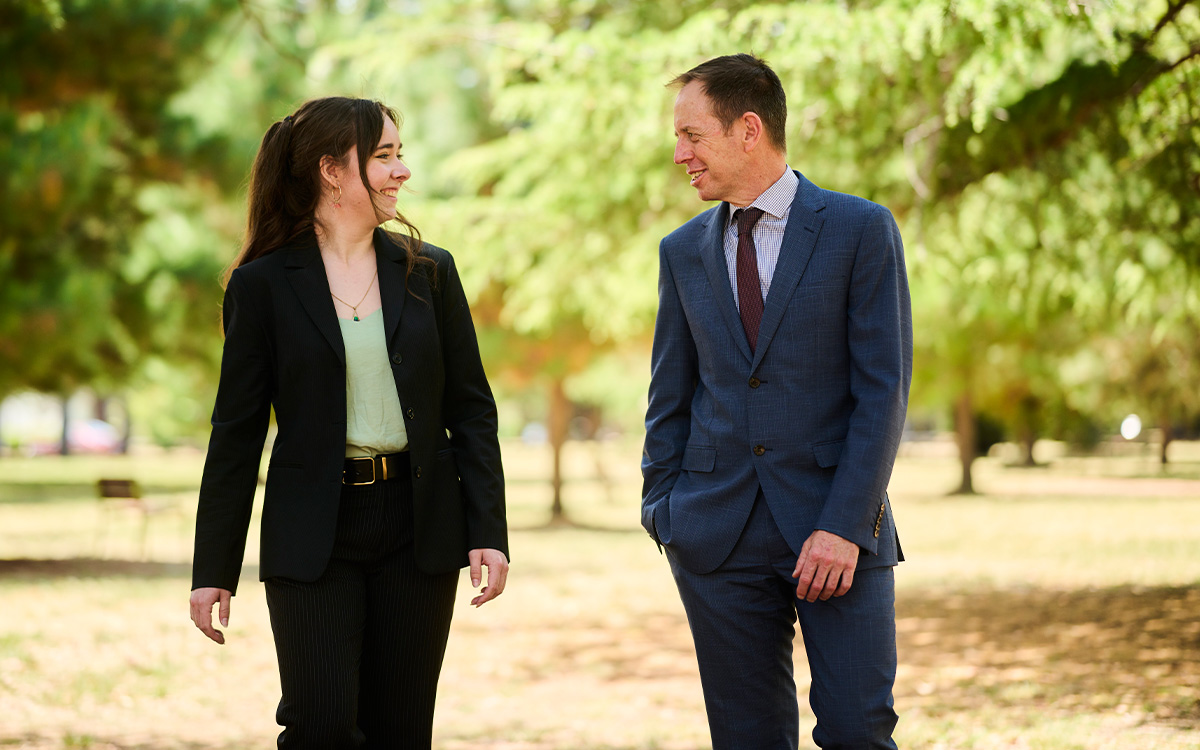
Photo: Laura and Shane from the ACT Greens
WORKING TOGETHER
The ACT Greens are currently in government with ACT Labor through a power sharing agreement, and have been since 2012. Shane feels that it’s no coincidence that more Canberrans are progressive voters than anywhere else in the country, believing that the ACT is one of the most forward thinking jurisdictions in the country.
Working in coalition with Labor, Shane says the Greens have been able to deliver 100% renewable electricity, ban new fossil fuel gas connections, raise the age of criminal responsibility so young people get support rather than a prison sentence, establish a permanent pill testing site, set a net-zero climate target for 2045, and introduce ‘yes means yes’ consent laws and drug decriminalisation.
“Much of this was dismissed by Labor as impossible, but we’ve pulled them to agreement and it’s that kind of constructive debate that delivers good outcomes for the people of Canberra and the planet.” Shane believes The Greens are the real progressive leaders in this city.
INEQUALITY STILL EXISTS
Shane thinks there are also issues of inequality that need to be addressed, commenting that Islamophobia and antisemitism are particularly prominent in the context of the Gaza conflict.
“I think we best address these issues when we campaign for peace because peace begets tolerance, understanding and harmony.”
Housing inequality is also on his hit list, Shane believing housing is a human right. “Housing is being treated as a market, and that market is broken.Too many people can’t afford to keep a roof over their heads or are living in fear of the next rent increase or interest rate rise.”
One the areas that he’s most proud of, which does not get a lot of coverage, is the justice policy work he has done to make our community safer, saying he has been focused on ‘justice reinvestment’, which seeks to build communities, not prisons. “It invests in our social fabric and tackles crime at its root causes, which most often are poverty and disadvantage, as well as substance abuse and mental health.
Through this approach, the reoffending rate in the ACT has fallen nearly 20% over the last five years. It stands in stark contrast to the pretty lazy ‘tough on crime’ approach that simply locks in the cycle of behaviour and does not make our community safer in the long run.”
LOOKING TOWARD A BRIGHT FUTURE
Shane feels there’s an optimism and understanding in Canberra that big, transformative change is possible if you vote for it.
“Right across Australia, people want the change we’ve been able to deliver in the ACT, but the culture of two-party politics is so strong that it can be easy to lose hope that change is possible. Multi-party government is really healthy. It means debate and negotiation happen across the entire term, not just at election time, and requires people to find ways to work together.
We have set an example of what is possible for other states, but I fear it’ll require a lowering of the temperature towards a more cooperative politics. A big part of that is people interstate telling the other parties that they want meaningful change and voting for it.”
When it comes to the world stage, Shane wants to see a shift in politics that dials back the doomsday clock, which is currently set to 90 seconds to midnight, commenting that the pressure for peace can have broad ramifications for society, and help advance other reforms like the legalisation of reproductive healthcare in the USA or welcoming democracy in China.
“The more we can get people to think about how we help the world, the less we tempt people into working out how they can exploit the world and all of its vulnerable people.”


